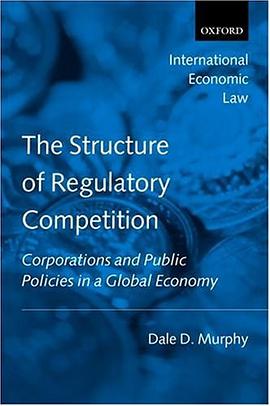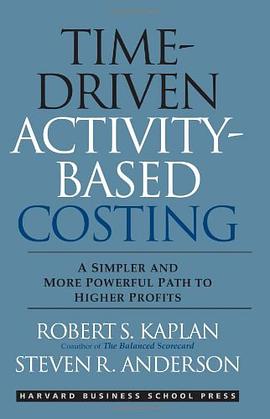

In order to understand international economic regulations, it is essential to understand the variation in competing corporations' interests. Political science theories have neglected the role of individual firms as causal actors. Theories of institutions have neglected to examine the creation of business law. Economic theories have neglected to apply concepts of asset specificity to social regulations in competitive industries. This book aims to fill these voids with a company-based explanation. Its theoretical findings open a 'black box' in the literature on international political economy and elucidate a source of regulatory differences and similarities. Counter-intuitive case studies reveal how business and governments actually interact. They also contribute to both sides of current debates over corporate social responsibility. They examine diverse topics including offshore finance, flags-of-convenience, CFC production, capital requirements, the importation and sale of 'dolphin-lethal' tuna, and the advertising of infant formulae.By exploring powerful corporations' investment profiles and regulatory strategies, this book explains why globalization sometimes results in a 'race to the bottom', sometimes in higher common regulations, and sometimes in regulations that differ between countries. Uniquely, it then explains which regulatory outcome is likely to occur under specified conditions. The explanation incorporates economics, political science, studies of regulatory capture, and examinations of transaction costs, firms' regulatory strategies, and the roles international institutions.
具体描述
读后感
评分
评分
评分
评分
用户评价
相关图书
本站所有内容均为互联网搜索引擎提供的公开搜索信息,本站不存储任何数据与内容,任何内容与数据均与本站无关,如有需要请联系相关搜索引擎包括但不限于百度,google,bing,sogou 等
© 2025 book.wenda123.org All Rights Reserved. 图书目录大全 版权所有




















